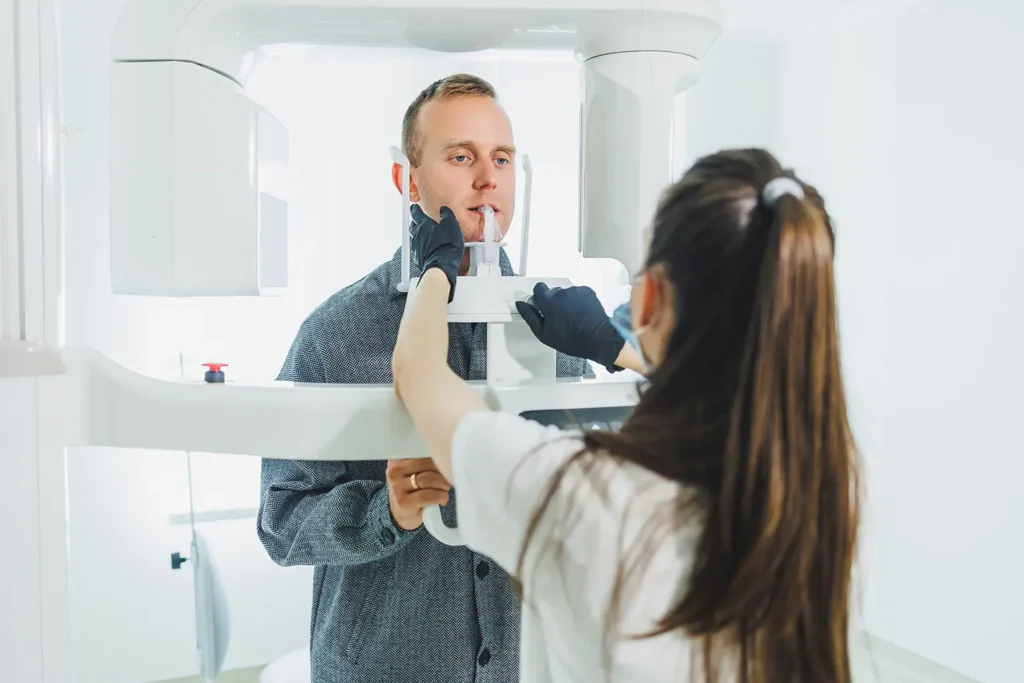
Good oral hygiene is much more than just having a bright, white smile. It’s a vital aspect of maintaining your overall health and well-being. Your mouth is the entry point for the entire digestive system, making oral health a fundamental part of your overall well-being. Proper oral care can prevent various oral diseases, including common dental problems such as cavities, gum disease, and oral cancer. Conversely, neglecting oral health care can lead to debilitating pain and teeth problems, negatively impacting your quality of life.
The Impact of Oral Diseases
According to the Centers for Disease Control and Prevention (CDC), oral diseases affect millions of Americans each year, causing pain and suffering that can be avoided with proper care. Cavities, also known as dental caries, are one of the most prevalent chronic diseases in the United States. Untreated cavities can lead to severe toothache and, in extreme cases, tooth loss.
Gum disease, another common oral health issue, can result in swollen, bleeding gums, bad breath, and tooth mobility. Left untreated, it can progress to more severe stages, causing tooth loss while increasing the risk of other health conditions like heart disease and diabetes.
Oral cancer is another concerning issue. It can develop in any part of the mouth, including the lips, tongue, and throat. For this reason, early detection is crucial for successful treatment, making regular dental check-ups a critical part of your ongoing oral health care.
Common Teeth Problems and Their Solutions
Understanding common teeth problems is essential to addressing them effectively. Here are some of the most prevalent issues and how to prevent or treat them:
1. Cavities
Cavities are tiny holes in the teeth caused by decay. They develop when bacteria in the mouth produce acids that erode the tooth enamel. If left untreated, cavities can lead to toothache, infection, and even tooth loss.
Solutions and Prevention:
- Brush and Floss Regularly: Brush your teeth at least twice a day and floss daily to remove food particles and plaque.
- Use Fluoride Toothpaste: Fluoride helps strengthen tooth enamel and prevent decay.
- Regular Dental Checkups: Visit your dentist regularly for cleanings and examinations to catch cavities early.
2. Gum Disease
Gum disease, or periodontal disease, starts with gingivitis, characterized by red, swollen gums that may bleed easily. If untreated, it can progress to periodontitis, leading to gum recession and tooth loss.
Solutions and Prevention:
- Good Oral Hygiene: Brush and floss regularly to remove plaque from teeth and gums.
- Professional Cleanings: Regular dental cleanings remove tartar that cannot be removed by brushing alone.
- Quit Smoking: Smoking is a major risk factor for gum disease.
3. Tooth Sensitivity
Tooth sensitivity can cause discomfort or pain when consuming hot, cold, sweet, or acidic foods and beverages. It can result from worn enamel, exposed tooth roots, cavities, or gum disease.
Solutions and Prevention:
- Use Desensitizing Toothpaste: Special toothpastes can help reduce sensitivity.
- Avoid Acidic Foods: Reduce consumption of acidic foods and drinks that can wear down enamel.
- Good Oral Hygiene: Maintain proper oral hygiene to prevent gum disease and enamel wear.
4. Bad Breath (Halitosis)
Bad breath can be caused by poor oral hygiene, food particles, dry mouth, or medical conditions.
Solutions and Prevention:
- Brush and Floss: Regular brushing and flossing remove food particles and plaque that cause bad breath.
- Hydrate: Drink plenty of water to keep your mouth moist.
- Regular Dental Visits: Professional cleanings help remove plaque and tartar that contribute to bad breath.
5. Tooth Erosion
Tooth erosion occurs when acids wear away the enamel on your teeth, often caused by acidic foods, drinks, or stomach acid from acid reflux.
Solutions and Prevention:
- Limit Acidic Foods and Drinks: Reduce your intake of sodas, citrus fruits, and other acidic foods.
- Rinse Your Mouth: After consuming acidic foods or drinks, rinse your mouth with water.
- Use a Straw: Drinking acidic beverages through a straw can help minimize contact with your teeth.

Protecting Your Oral Health
The good news is that diligently practicing good oral hygiene can greatly increase the likelihood of keeping your teeth for a lifetime. To help you with that, we have some essential tips for maintaining top-notch oral health:
Brush and Floss Regularly
You will want to brush your teeth at least twice a day; consider using toothpaste and dental floss to clean between your teeth and along the gumline. This will ensure the clearing away of stray food particles and tooth-destroying dental plaque. Use a soft-bristled toothbrush to avoid damaging your gums and enamel. Electric toothbrushes can be more effective at removing plaque than manual ones.
Visit Your Dentist
Regular dental check-ups are essential for early detection and prevention of oral issues. Our dentist can perform cleanings, X-rays, and screenings for oral cancer to protect your smile. Professional cleanings remove tartar buildup that cannot be removed by regular brushing and flossing. Regular exams can detect issues like cavities, gum disease, and oral cancer early when they are easier to treat.
Monitor Your Eating Habits
Restrict the consumption of both sweetened and acidic foods and beverages as they can promote tooth decay. Stick to a balanced diet that includes plenty of fruits, vegetables, lean proteins, and whole grains. Foods rich in calcium, such as dairy products, and phosphorus, such as meat and eggs, help strengthen teeth. Fiber-rich fruits and vegetables stimulate saliva flow, which helps protect against cavities.
Avoid Smoking and Tobacco Products
The use of tobacco and smoking heightens the likelihood of oral cancer, gum ailments, and tooth loss. Quitting is among the most beneficial actions you can take for both your oral and general well-being. Tobacco reduces blood flow to the gums, hindering healing and increasing the risk of infections.
Safeguard Your Teeth
When engaging in contact sports, wearing a protective mouthguard can help. If you tend to grind your teeth during sleep, wearing a nightguard can protect your teeth from damage. Mouthguards and nightguards can prevent fractures, chips, and excessive wear.
Stay Hydrated
Drinking water regularly throughout your day rinses away food particles and oral bacteria that invite cavities and halitosis (bad breath). Maintaining healthy saliva levels is an easy way to protect your teeth and gums. Saliva helps neutralize acids produced by bacteria in the mouth and washes away food particles.
Healthy Habits for Taking Care of Teeth
Incorporating healthy habits into your daily routine can make a significant difference in your oral health and reduce future teeth problems. Here are some additional tips to keep your teeth and gums healthy:
Use Mouthwash
Mouthwash can help reduce plaque, prevent gum disease, and freshen breath. Choose a mouthwash that contains fluoride to help strengthen enamel and prevent cavities. Antimicrobial mouthwashes can reduce bacteria and plaque.
Replace Your Toothbrush
Replace your toothbrush every three to four months or sooner if the bristles are frayed. A worn-out toothbrush is less effective at cleaning your teeth. Electric toothbrush heads should also be replaced regularly.
Chew Sugar-Free Gum
Chewing sugar-free gum after meals can help increase saliva production and neutralize acids in the mouth. Look for gum containing xylitol, which can help reduce bacteria that cause cavities.
Avoid Teeth-Damaging Habits
Avoid using your teeth as tools to open packages or bottles, as this can lead to chips and fractures. Do not chew on hard objects like ice, pens, or popcorn kernels, which can damage your teeth.
Practice Good Oral Hygiene for Children
Teach children the importance of good oral hygiene from an early age. Supervise their brushing and flossing until they are old enough to do it properly on their own. Use fluoride toothpaste and take them for regular dental checkups.

Conclusion
Maintaining good oral hygiene is about safeguarding your overall health and well-being for better oral health. By following these essential tips for greater oral health, you can ensure your smile lasts a lifetime while enjoying better overall health and safely indulging in a few treats. Celebrate by taking a step towards better oral care. Your future self will thank you for it!
Proper oral hygiene is a lifelong commitment that requires regular care and attention. By understanding common teeth problems and implementing these solutions and healthy habits, you can maintain a beautiful, healthy smile for years to come. If it is time for you to see our dentist for a checkup and cleaning, we invite you to give us a call to book an appointment. Your smile and body will thank you!

